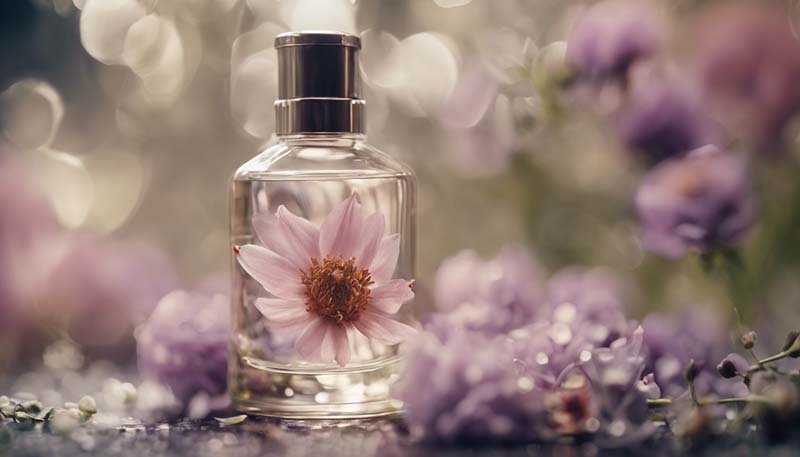Seasonal Flower Scents: The Science Behind Fragrance
Arrangements | 2024-05-07
- Briefly introduce the topic of seasonal flower scents and their significance.
- Mention the importance of fragrance in various aspects of life, such as the perfume industry, aromatherapy, and cultural practices.
2. **The Chemistry of Fragrance**
- Explain the basic chemistry behind fragrances, including volatile organic compounds (VOCs) and how they interact with olfactory receptors.
- Discuss the role of terpenes, phenols, and other organic molecules in creating distinct floral scents.
3. **The Role of Seasonal Changes**
- Describe how seasonal changes affect the production of fragrances in flowers.
- Explain the biological reasons behind the variation in scent across different seasons.
4. **Types of Seasonal Flower Scents**
- Spring: Discuss the scents of spring flowers like lilacs, tulips, and daffodils.
- Summer: Explore the fragrances of summer blooms such as roses, jasmine, and lavender.
- Autumn: Describe the scents associated with fall flowers like chrysanthemums and marigolds.
Advertisement
- Winter: Discuss the few winter-blooming flowers and their scents, such as winter jasmine and paperwhite narcissus.
5. **Cultural Significance of Seasonal Scents**
- Discuss how different cultures associate specific scents with different seasons and their significance in festivals or daily life.
6. **The Fragrance Industry**
- Explain how the perfume industry sources and utilizes seasonal flower scents.
- Discuss the challenges of replicating natural fragrances synthetically.
7. **Aromatherapy and Seasonal Scents**
- Explore the use of seasonal flower scents in aromatherapy and their potential benefits.
- Discuss the science behind why certain scents may evoke specific emotions or have calming effects.
8. **Conservation and Sustainability**
- Address the impact of climate change on the availability and scent of seasonal flowers.
- Discuss efforts to conserve natural fragrance resources and promote sustainable practices in the fragrance industry.
9. **Future of Seasonal Fragrances**
- Speculate on the future of seasonal scents with advancements in genetic engineering and biotechnology.
- Discuss the potential for creating new, unique fragrances through scientific innovation.
10. **Conclusion**
- Summarize the importance of seasonal flower scents and the science behind them.
- Encourage readers to appreciate the natural world\'s fragrances and the role they play in our lives.
Key Points:
- **Volatile Organic Compounds (VOCs):** These are the primary carriers of fragrance. They evaporate easily at room temperature, allowing the scent to spread.
- **Terpenes:** A large class of organic compounds that play a significant role in the fragrance of many flowers. They are responsible for the scents of many familiar plants, including citrus, eucalyptus, and conifers.
- **Enzymatic Processes:** The production of fragrances in flowers is often the result of enzymatic processes that convert odorless precursor compounds into fragrant molecules.
- **Biological Functions:** Fragrances serve various purposes in nature, including attracting pollinators, deterring herbivores, and signaling the presence of nectar or pollen to insects.
- **Synthetic Fragrances:** While synthetic fragrances can mimic natural scents, they often lack the complexity and nuance of natural fragrances due to the vast array of compounds found in natural scents.

- **Climate Impact:** Changes in climate can affect the timing of blooming and the chemical composition of flowers, which in turn can alter their scents.
- **Genetic Engineering:** The potential to modify the genetic makeup of plants to enhance or alter their fragrance is a topic of ongoing research and ethical debate.
Comments